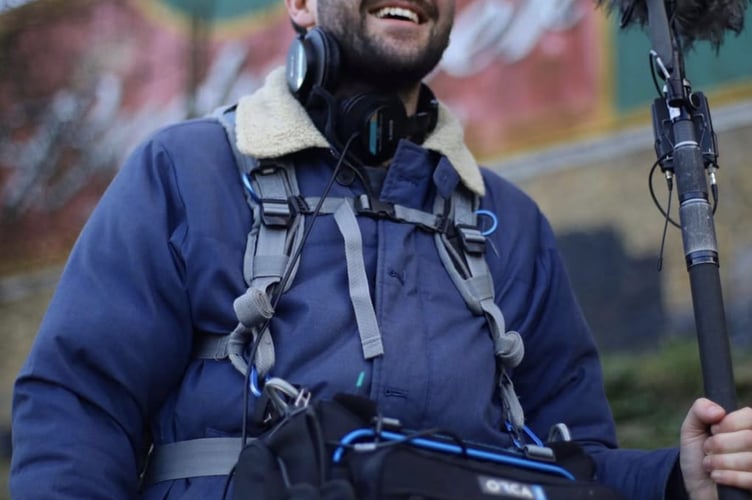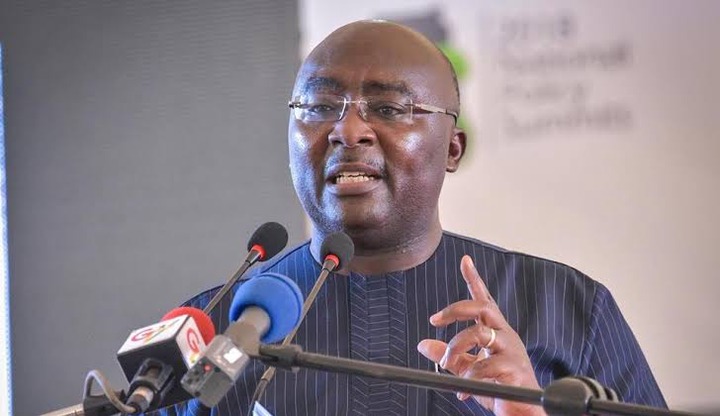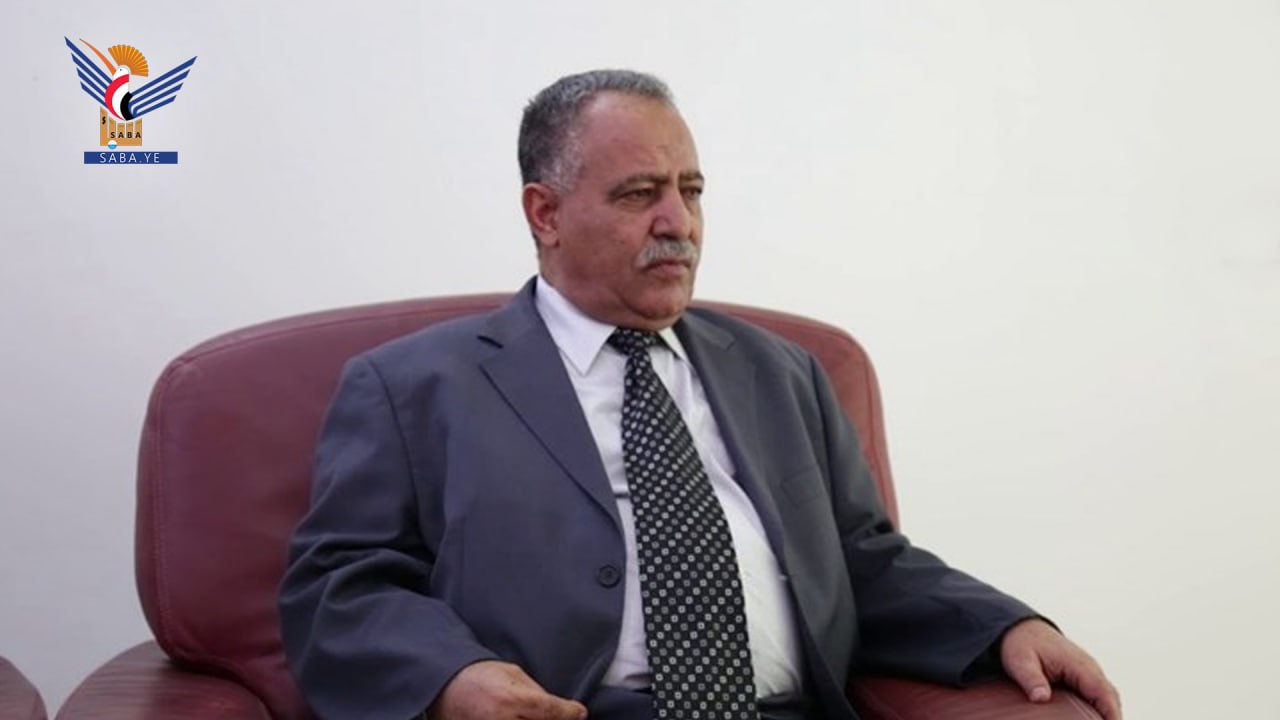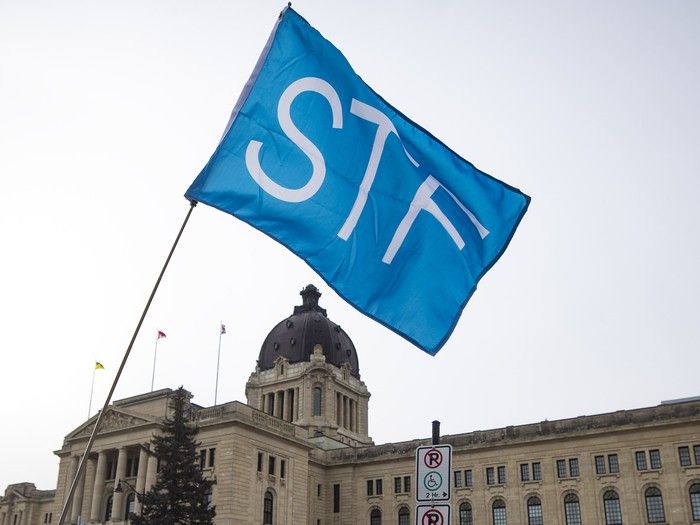
In a court filing Wednesday, lawyers for Elon Musk said that he would withdraw his consortium’s eye-popping bid of $94.7 billion for Sam Altman’s OpenAI if its board of directors would agree to retain its status as a charity, rather than go ahead with a planned, potentially lucrative conversion to for-profit status. Musk, who along with Altman was one of OpenAI’s founders in 2019, says his bid was an effort to ensure that OpenAI does not become subsumed by Microsoft rather than remaining, in Musk’s words, an “open-source, safety-focused force for good.
” While we are not taking sides in who should control the company, Musk’s gambit highlights the hypocrisy of OpenAI’s business model in which it masquerades as a nonprofit despite being founded on the theft of many decades of work by artists, academics and journalists, including many who work for this and other newspapers and media companies. In creating its premiere product, ChatGPT, OpenAI gathered and scraped copyrighted content from across the Web to create an app that smoothly repackages that content as its own. As it becomes increasingly popular, it threatens to replace the very sources of the content used to train it in the first place.

Altman has acknowledged ChatGPT could not have been made without copyrighted content, but the company has yet to fairly compensate those creators for the use of their work. Consequently, the owners of this newspaper, along with the New York Times and others, have thus sued OpenAI, claiming it illegally used this data to “train” its systems. In a slice of rich irony, OpenAI itself began to whine a couple of weeks ago when a Chinese rival, DeepSeek, garnered sudden attention.
Altman’s operation subsequently claimed that DeepSeek may have used data generated by OpenAI technologies to teach similar skills to its own rival systems, a process known in this field as “distillation.” We know all too well about distillation, which the dictionary defines as the “extraction of the essential meaning or most important aspects of something.” Open AI has copied our content, created by generations of human labor and made up of dogged reporting, cogent analyses and critical thinking.
It completely forgoes the reality that much of this work could not have been done without reporters showing up in real life to ask powerful people the right questions even as they ran for the hills. We call that journalism and that’s the true societal force for good. If you want to “deep seek” for something, turn to a newsroom.
Our work was never “open-sourced” and for good reasons. We’re professionals and many of us have mouths to feed. Moreover, we believe our content had and continues to have value, and since you are reading this, so must you.
So whichever billionaire prevails in the battle for OpenAI, don’t be fooled by all this talk of altruism. The purveyors of artificial intelligence are far more than distillers. They are stealing the whole barrel.
We’re the brewers and we deserve to be compensated. — The Chicago Tribune.














